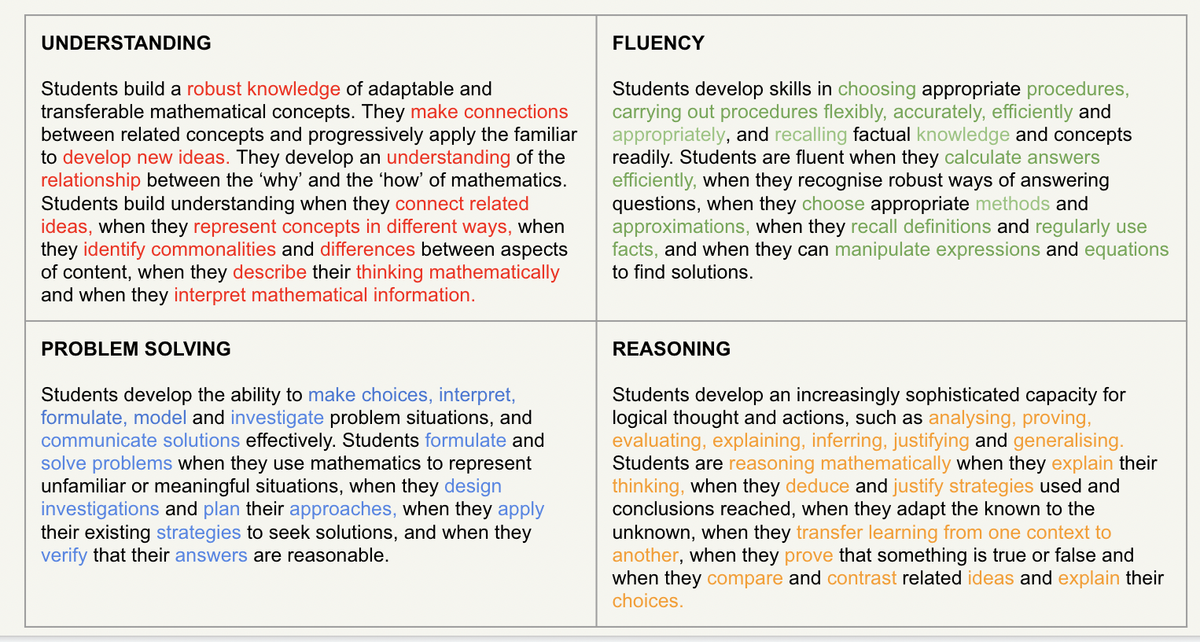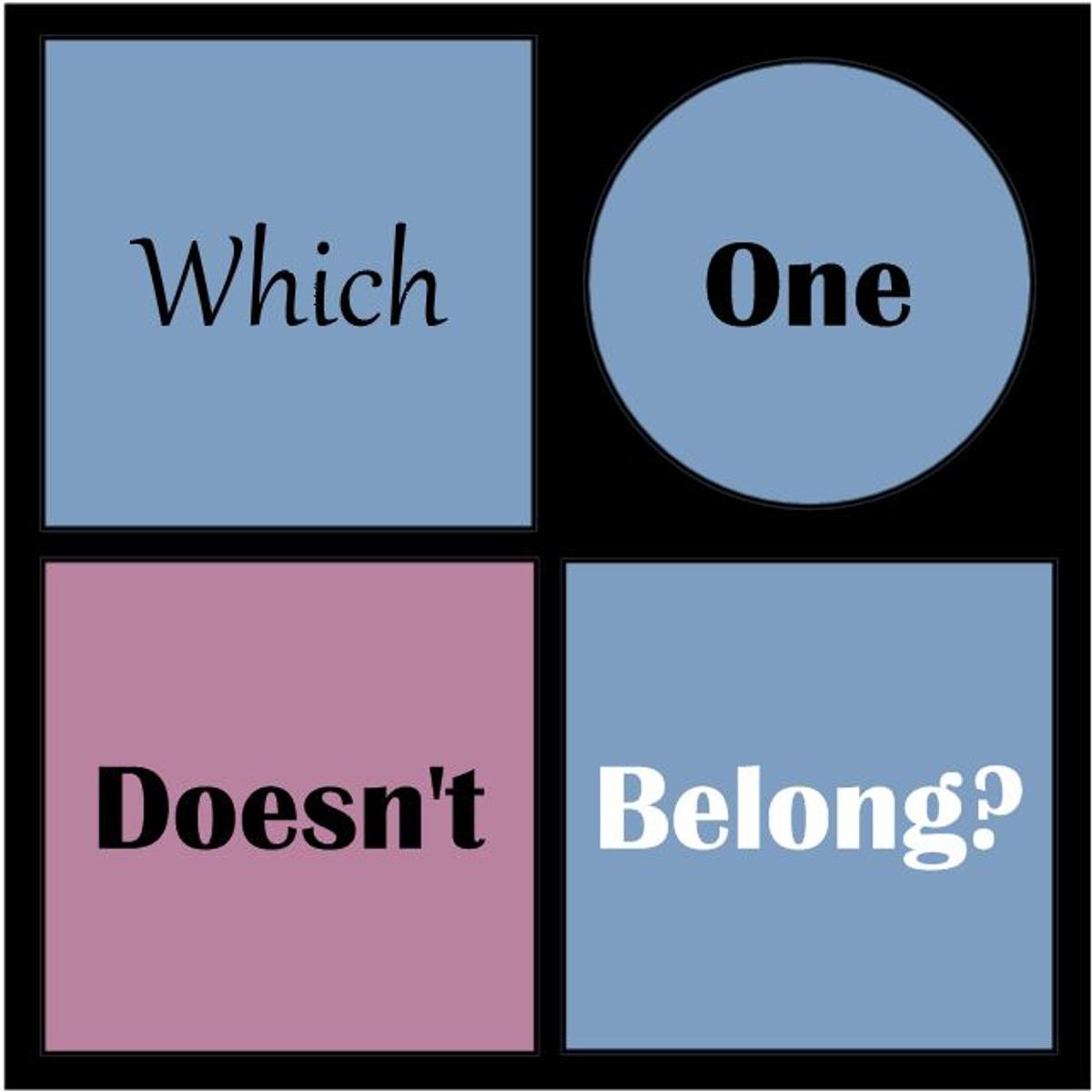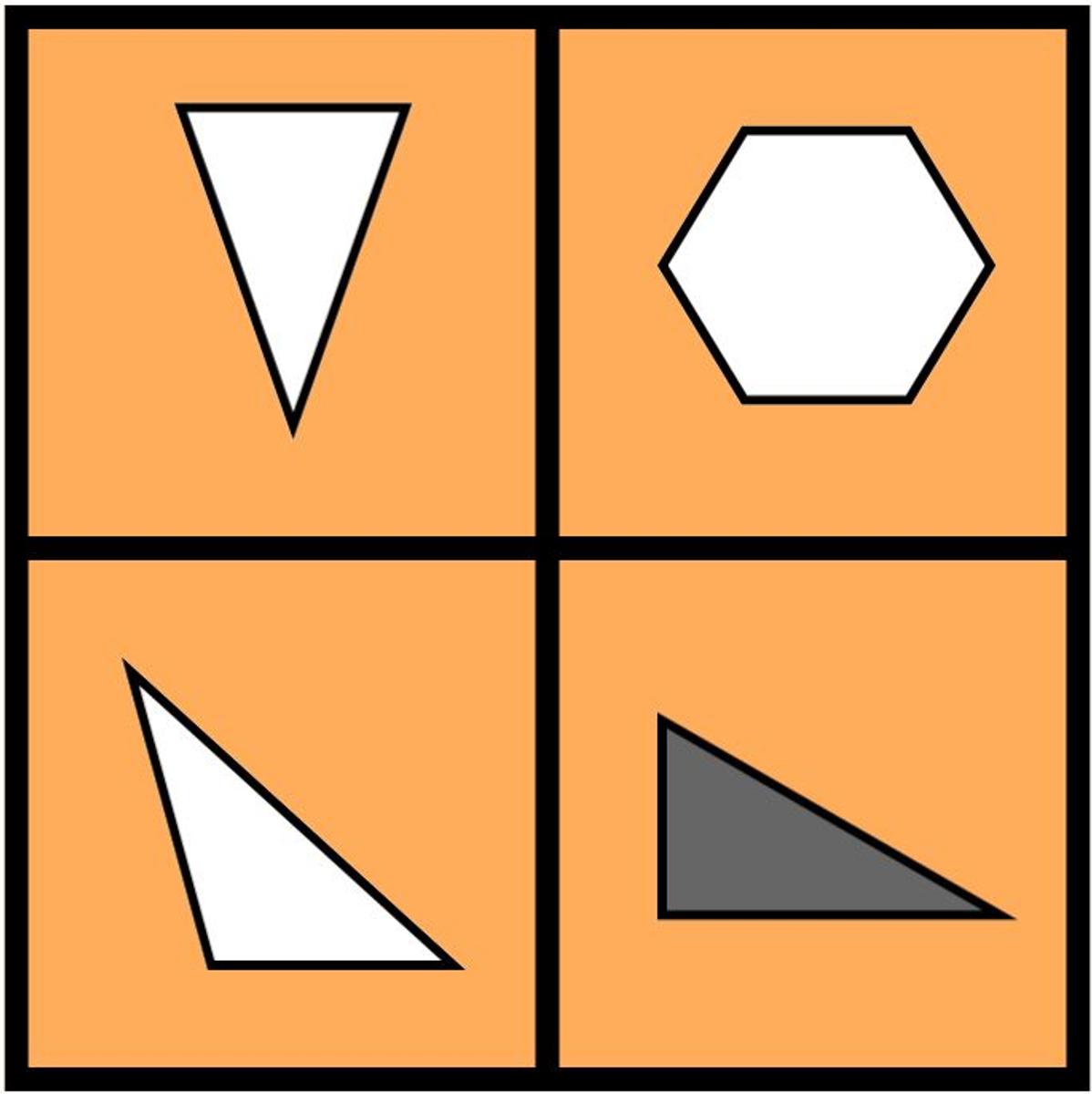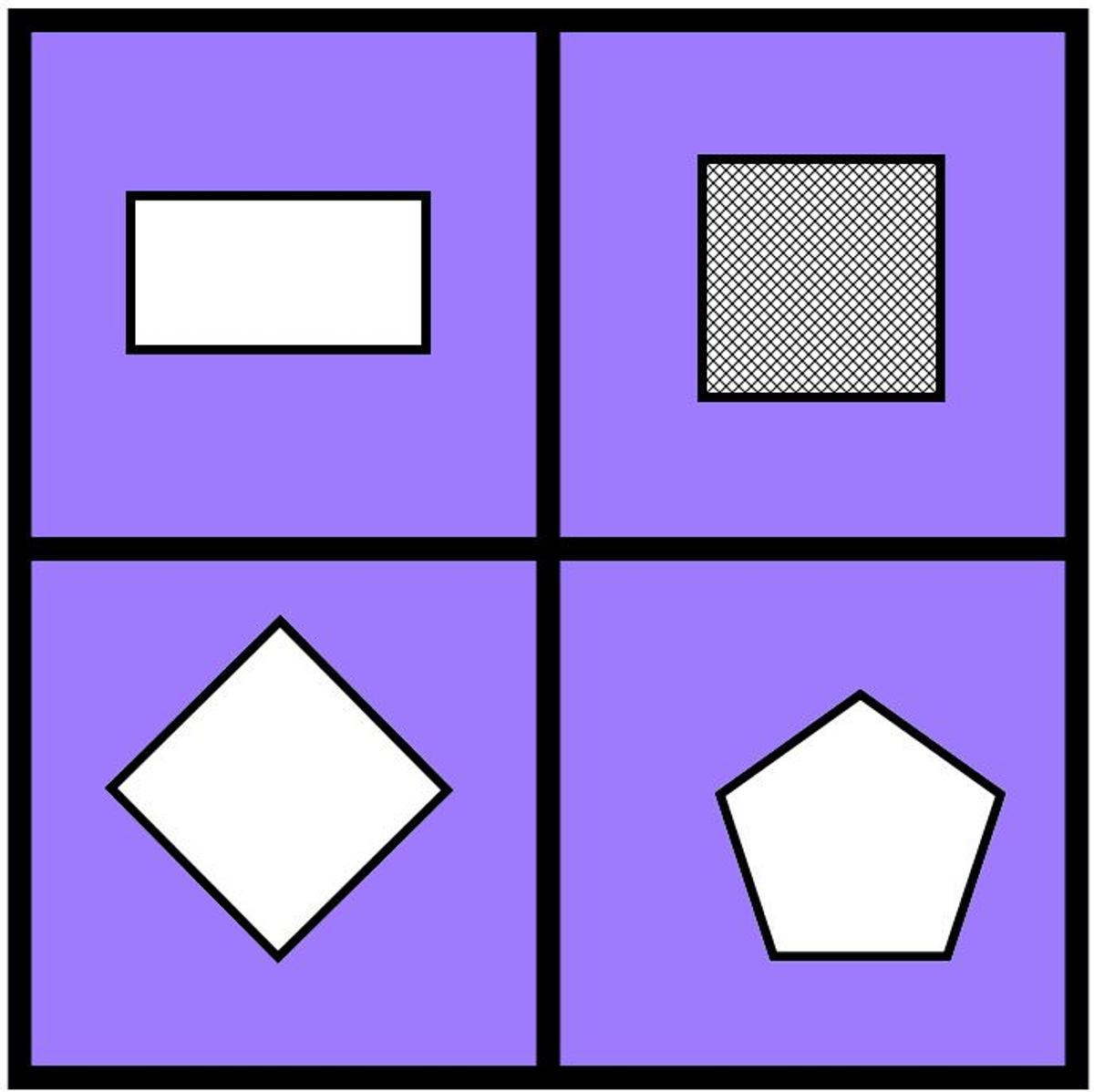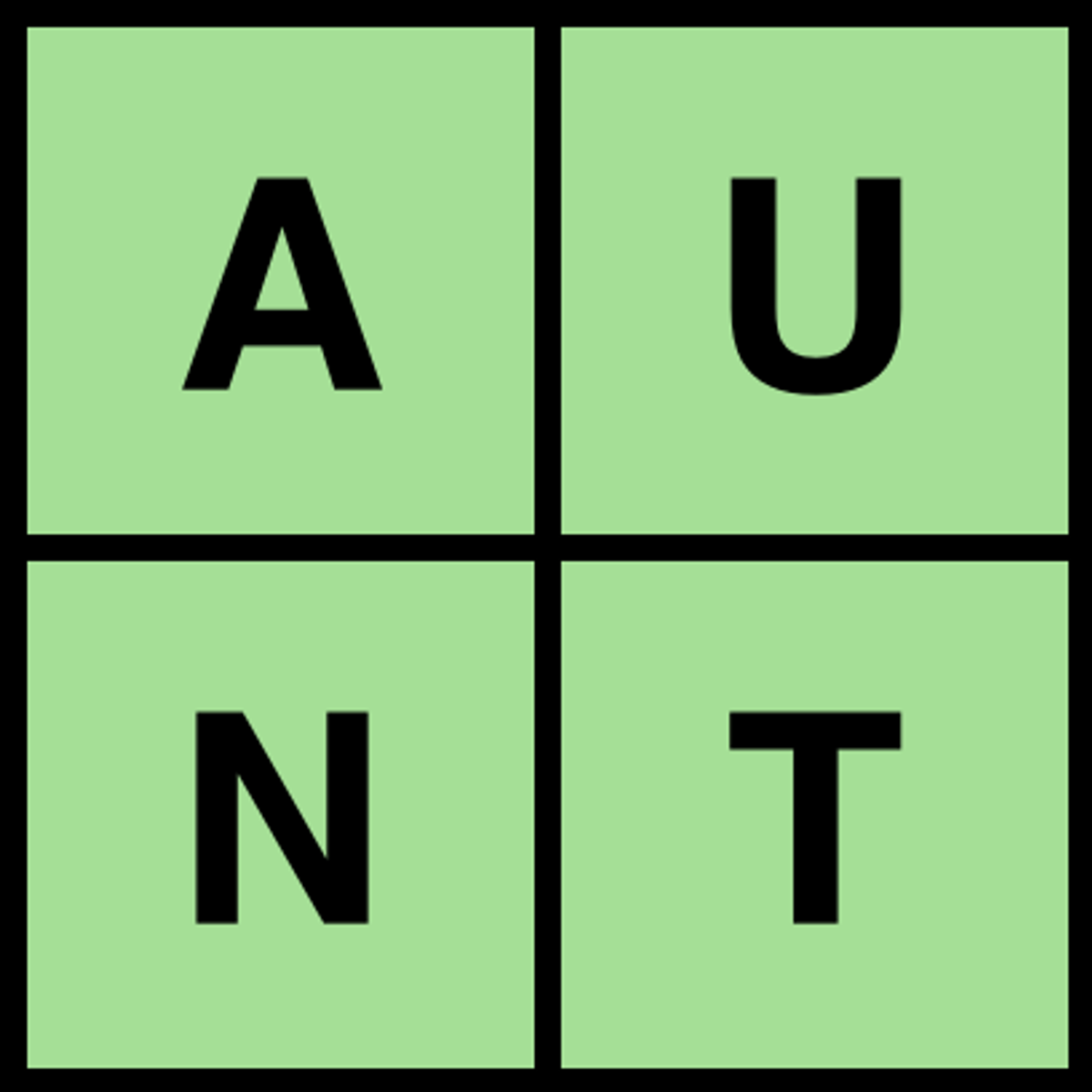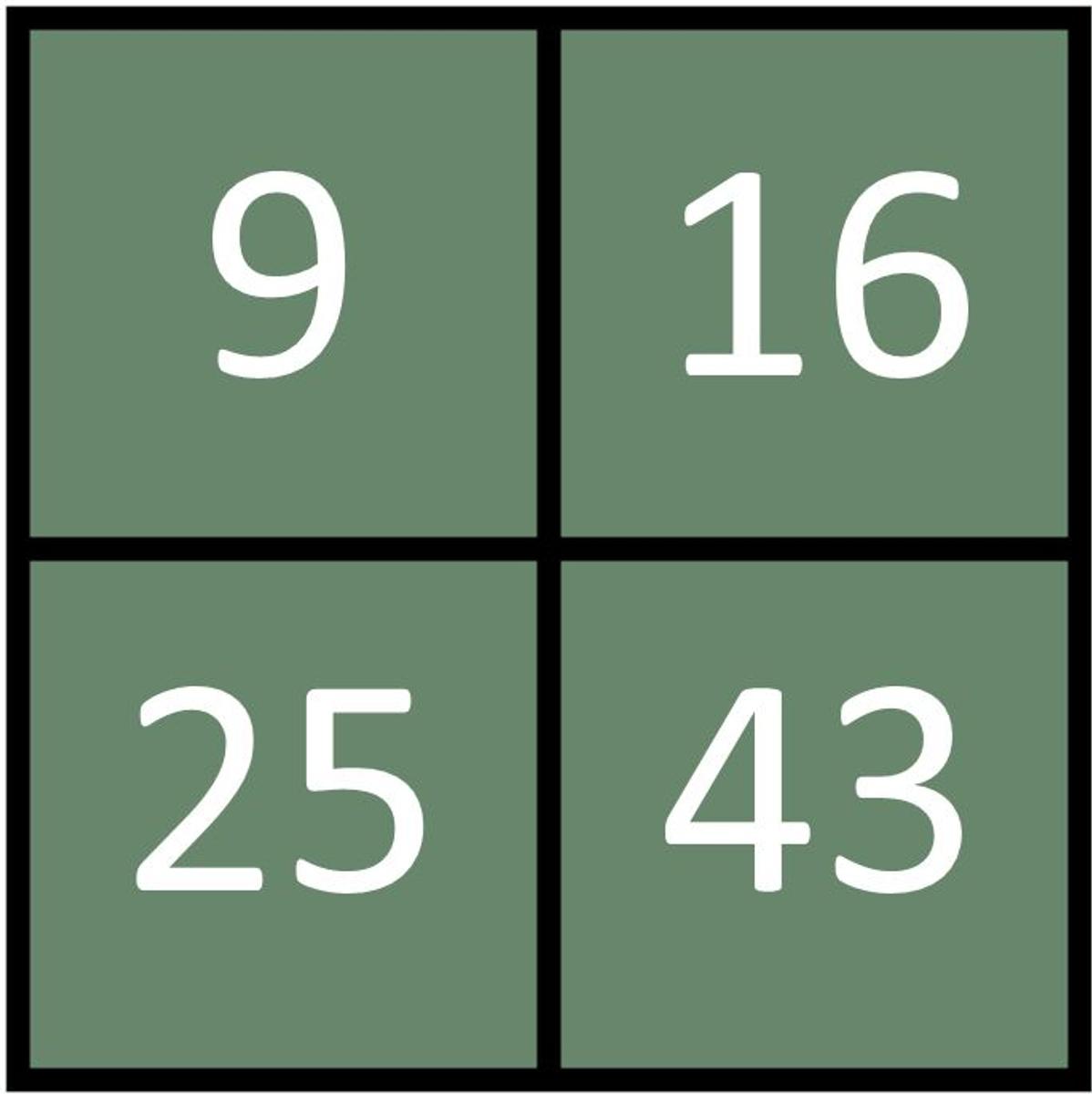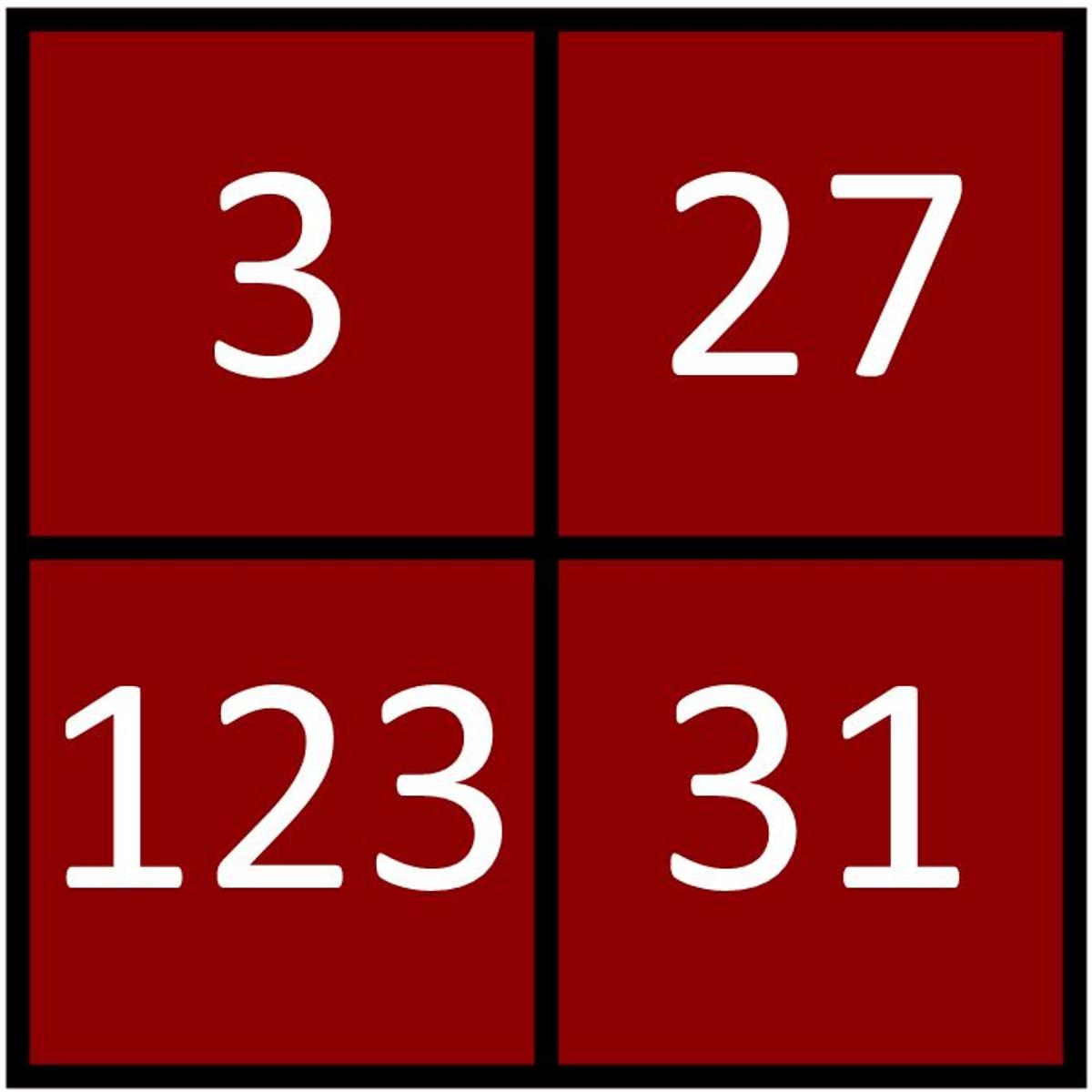Mathematics
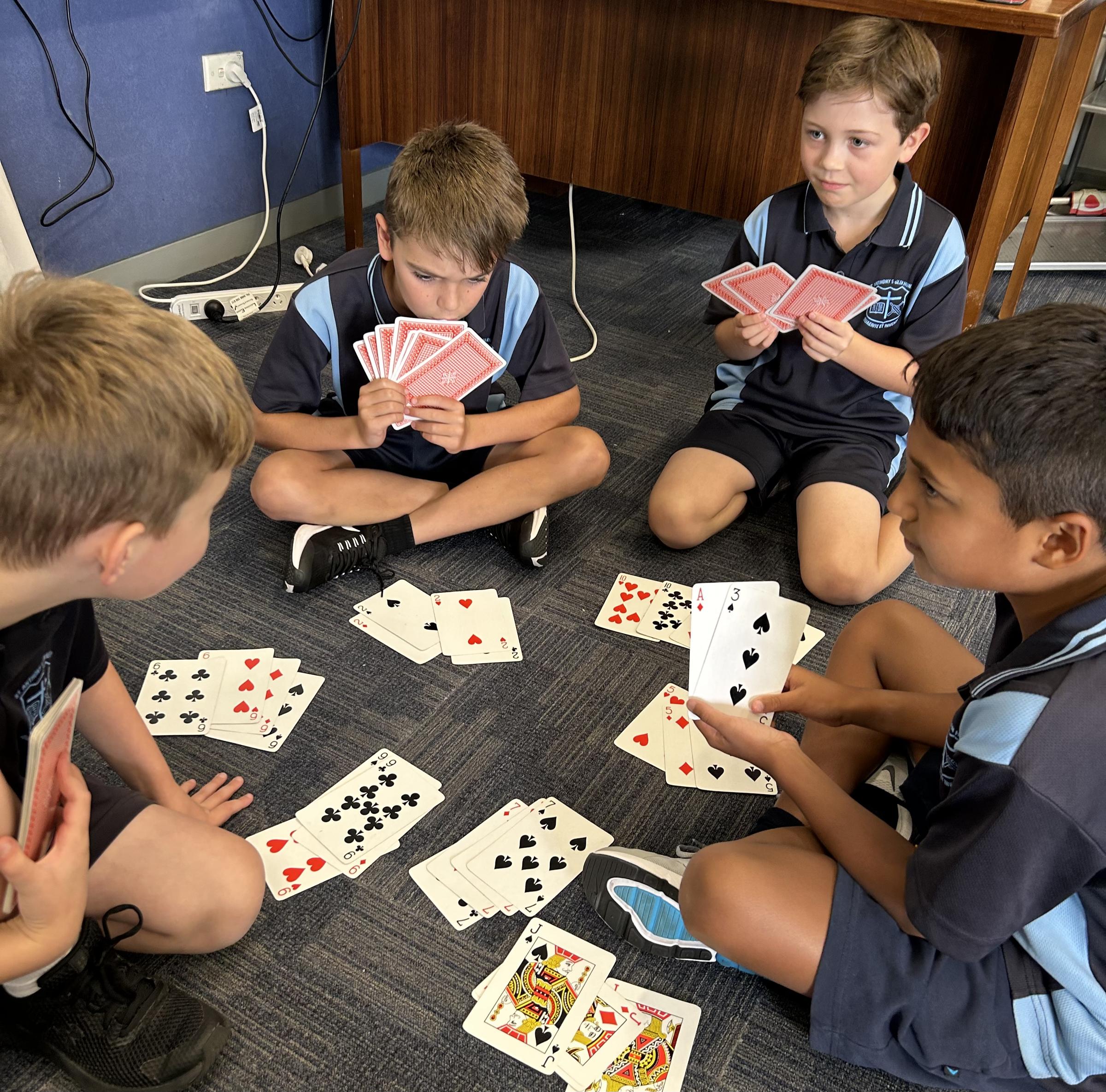
The Mathematical Proficiencies
The Victorian Curriculum for Mathematics is organised into three strands;
- Number and Algebra
- Measurement and Geometry,
- Statistics and Probability
The strands describe what is to be taught and learnt within each level.
Within the Mathematics curriculum, there is a focus on the four mathematical proficiencies;
- understanding
- fluency
- problem-solving
- reasoning.
These proficiencies describe how content is explored and developed (or the 'thinking of mathematics').
It is important to note that contemporary mathematics teaching has moved from a teaching approach that focuses just on 'Understanding' e.g. What is 4 x 4? to a curriculum which incorporates all four proficiencies. e.g. How do you know 4 x 4 is 16? How could you prove it? If you know 4 x 4, what else do you know?
This approach has been adopted by the Victorian Curriculum to ensure students' proficiency in mathematical skills develop throughout the curriculum and becomes increasingly sophisticated. It also enables students to connect to other topics and ideas and transfer knowledge more readily.
To read more about the mathematical proficiencies see: https://fuse.education.vic.gov.au/Pages/Proficiencies
Which one doesn't belong?
To help your child continue to develop these proficiencies, it is important to engage in mathematical discussions with your child.
The more they discuss their thinking out loud (engage in mathematical discourse), the more they understand and connect their thinking.
To support your child's thinking, have a look through the thought-provoking puzzles. There are no answers provided as there are many different, correct ways of choosing which one does not belong. The important part here is the justification to why! "In each puzzle, which one does not belong and why?"
For this task, we are looking for students (and you!) to reason and justify their thinking, moving beyond just demonstrating their understanding. In this way, we are incorporating the mathematical proficiencies into our discussion.
Melanie Norton
Mathematics Leader

